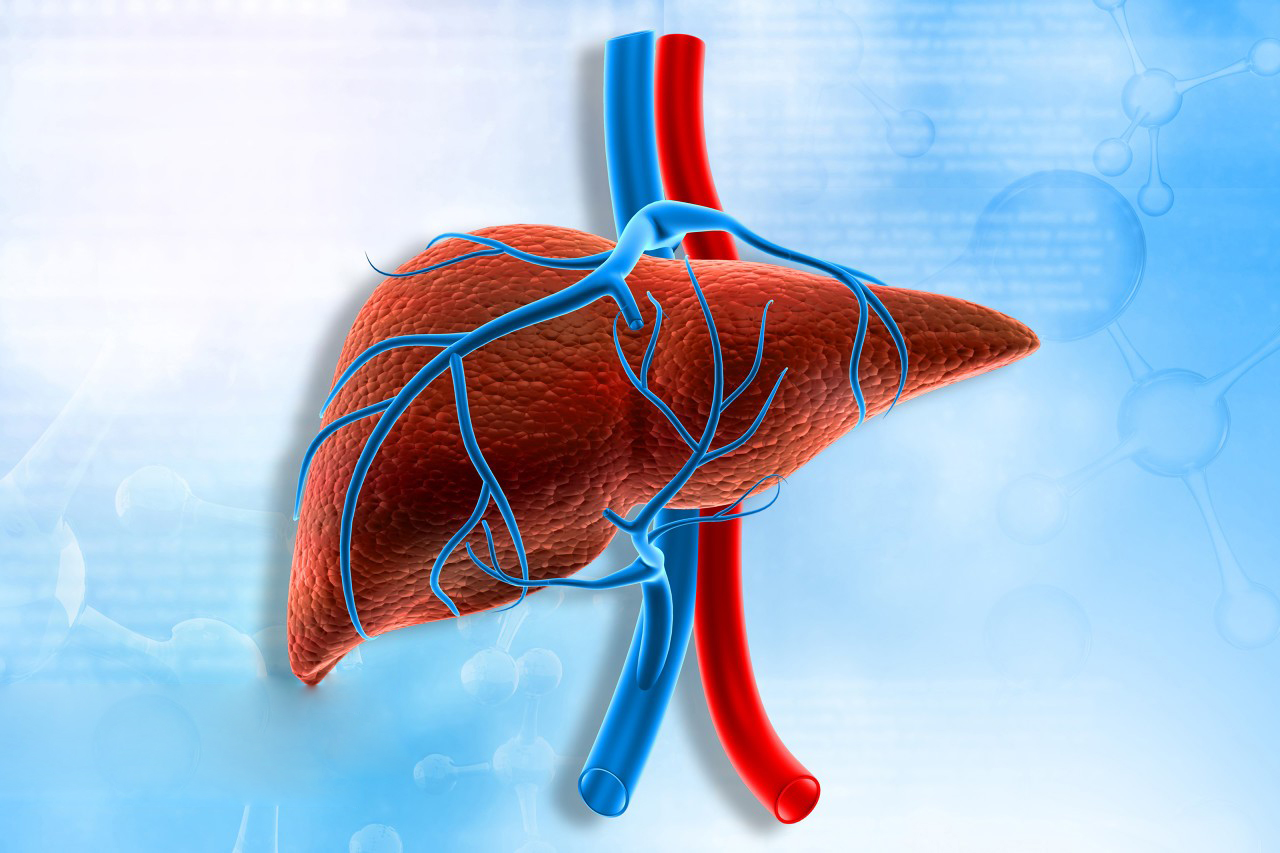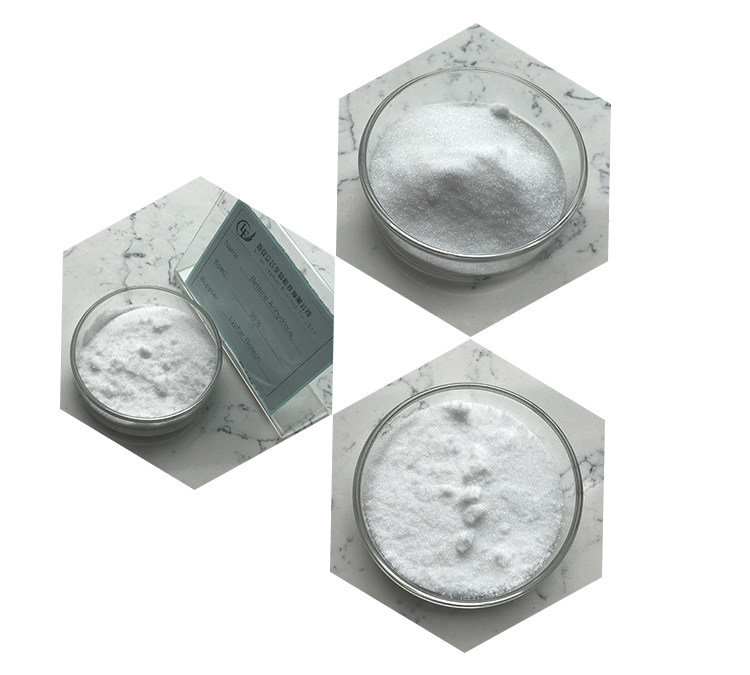Betaine, also known as trimethylglycine (TMG), is a naturally occurring compound found in a variety of foods and produced in the body. It plays a crucial role in maintaining cellular function, particularly through its involvement in methylation reactions and osmotic balance. Here’s a comprehensive overview of its origins, functions, health benefits, and uses:
1. Chemical Structure and Sources
- Structure: Betaine is a derivative of the amino acid glycine, characterized by three methyl groups attached to the nitrogen atom. This trimethyl structure is what gives it the name “trimethylglycine.”
- Natural Sources: It is present in many foods, especially those high in choline. Major sources include:
- Beets (hence the name “betaine”)
- Spinach
- Wheat bran
- Shellfish
- Quinoa
2. Biological Functions
Betaine plays several key roles in the body, mainly through its functions as an osmolyte and methyl donor.
- Osmolyte Function: Betaine helps regulate water balance and protects cells from osmotic stress, especially in kidney cells. This property is important in cells exposed to varying osmotic conditions, such as during dehydration.
- Methylation: In the liver, betaine donates a methyl group in the conversion of homocysteine to methionine. This process is essential in reducing homocysteine levels, a known risk factor for cardiovascular diseases.
- The methylation process is crucial for DNA synthesis, repair, gene regulation, and epigenetic modulation.

3. Health Benefits
- Cardiovascular Health: One of the most studied roles of betaine is its ability to lower homocysteine levels, which is linked to cardiovascular risk. Elevated homocysteine can lead to vascular damage and is associated with conditions like atherosclerosis and heart disease.
- Liver Function: Betaine plays a significant role in liver health, particularly in the prevention and management of non-alcoholic fatty liver disease (NAFLD). By supporting fat metabolism and promoting the removal of excess lipids, betaine reduces liver fat accumulation.
- Digestive Health: Betaine hydrochloride is a form of betaine used to treat low stomach acid (hypochlorhydria). Supplementation can support digestion, helping break down food more effectively and enhancing nutrient absorption.
- Athletic Performance and Muscle Strength: Recent studies suggest that betaine supplementation can improve muscle endurance and strength, potentially enhancing athletic performance. This is thought to occur through improved hydration, enhanced protein synthesis, and better regulation of muscle osmosis.
- Kidney Health: Betaine’s function as an osmolyte helps maintain kidney cell integrity under osmotic stress. This has potential implications for protecting against kidney damage in individuals with compromised renal function.
4. Metabolism and Pathways
- Homocysteine-Methionine Cycle: One of betaine’s primary roles is in converting homocysteine to methionine. Methionine is a vital amino acid used to produce proteins and other important compounds, including S-adenosylmethionine (SAMe), a key molecule in methylation reactions.
- Choline Metabolism: Betaine is produced in the body from choline through oxidation. Both choline and betaine are vital in phospholipid synthesis and liver fat metabolism.
5. Supplementation
Betaine is available as a dietary supplement, particularly in two common forms:
- Betaine Anhydrous: This form is often used for liver support, cardiovascular health, and athletic performance enhancement.
- Betaine Hydrochloride (HCl): Primarily used to support digestion and increase stomach acid in individuals with hypochlorhydria.
Recommended Dosages:
- Betaine Anhydrous: Dosages typically range from 500 mg to 3 g per day, depending on the intended purpose (e.g., liver health vs. athletic performance).
- Betaine HCl: Dosages vary, typically starting at 500 mg before meals to enhance digestion, but it’s important to avoid excessive use due to potential gastric irritation.
6. Potential Side Effects and Considerations
- Gastrointestinal Issues: Some people may experience mild gastrointestinal upset, such as bloating or nausea, especially when taking high doses of betaine HCl.
- Elevated Cholesterol: While betaine helps lower homocysteine levels, some studies suggest that it might raise LDL (bad) cholesterol in certain individuals.
- Interaction with Other Methyl Donors: Because betaine is involved in methylation, excessive intake combined with other methyl donors (such as folic acid or SAMe) may lead to over-methylation, potentially causing side effects like irritability or anxiety.
- Allergies: Betaine supplements sourced from certain foods, like shellfish, may cause allergic reactions in sensitive individuals.

7. Clinical Research and Emerging Applications
- Cancer Research: Preliminary research suggests betaine might play a role in reducing cancer risk due to its effects on methylation and gene expression, although more studies are needed.
- Neuroprotection: Emerging evidence indicates betaine may support brain health, particularly in mitigating cognitive decline and neurodegenerative diseases, likely through its role in methylation and cellular protection mechanisms.
8. Conclusion
Betaine is a multifunctional nutrient with a wide range of health benefits, especially in liver health, cardiovascular protection, digestion, and athletic performance. As research continues, its roles in other areas such as cancer prevention, neuroprotection, and epigenetic modulation are likely to become clearer. Proper dosing and awareness of potential interactions are important for maximizing its benefits.
